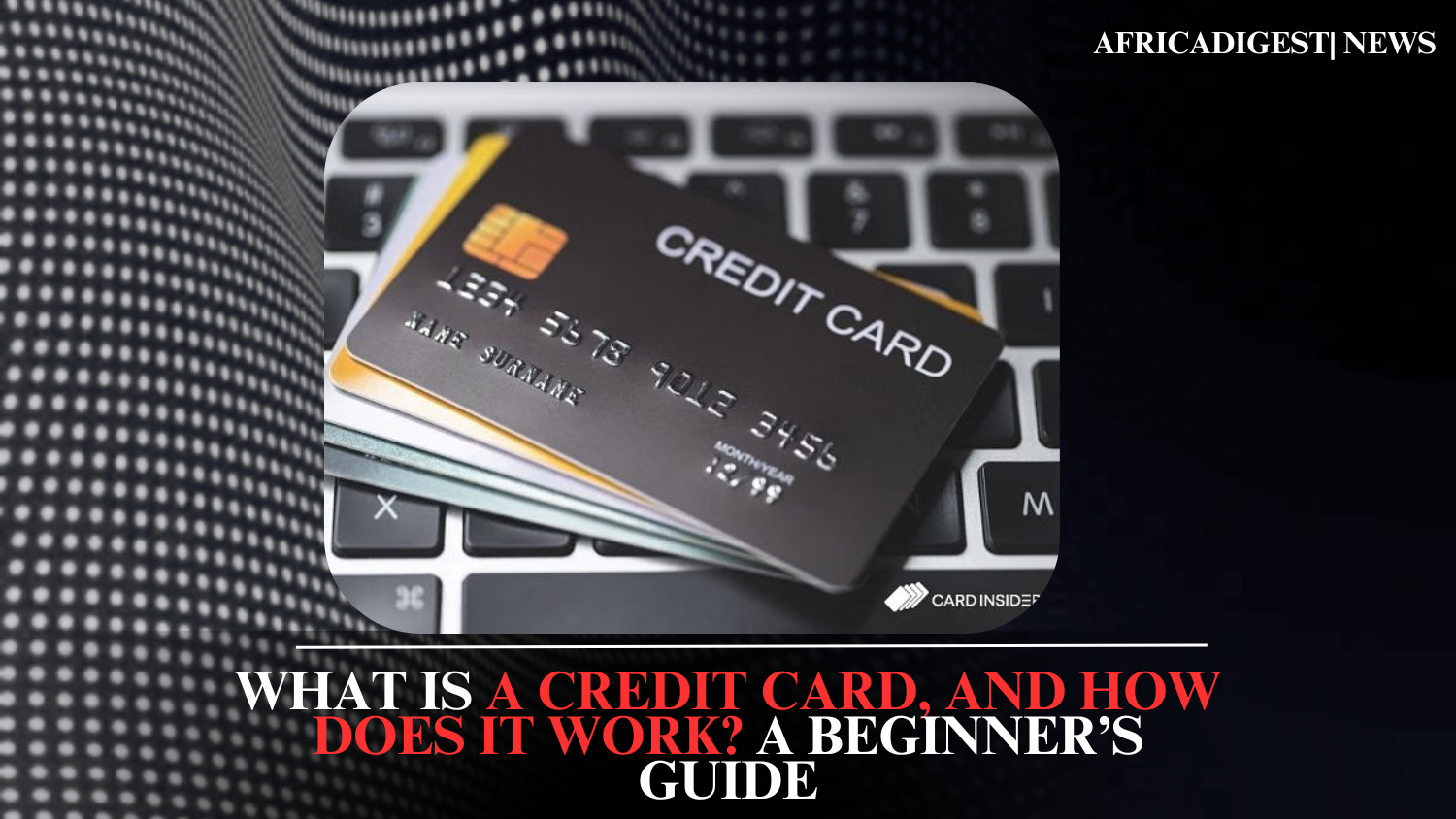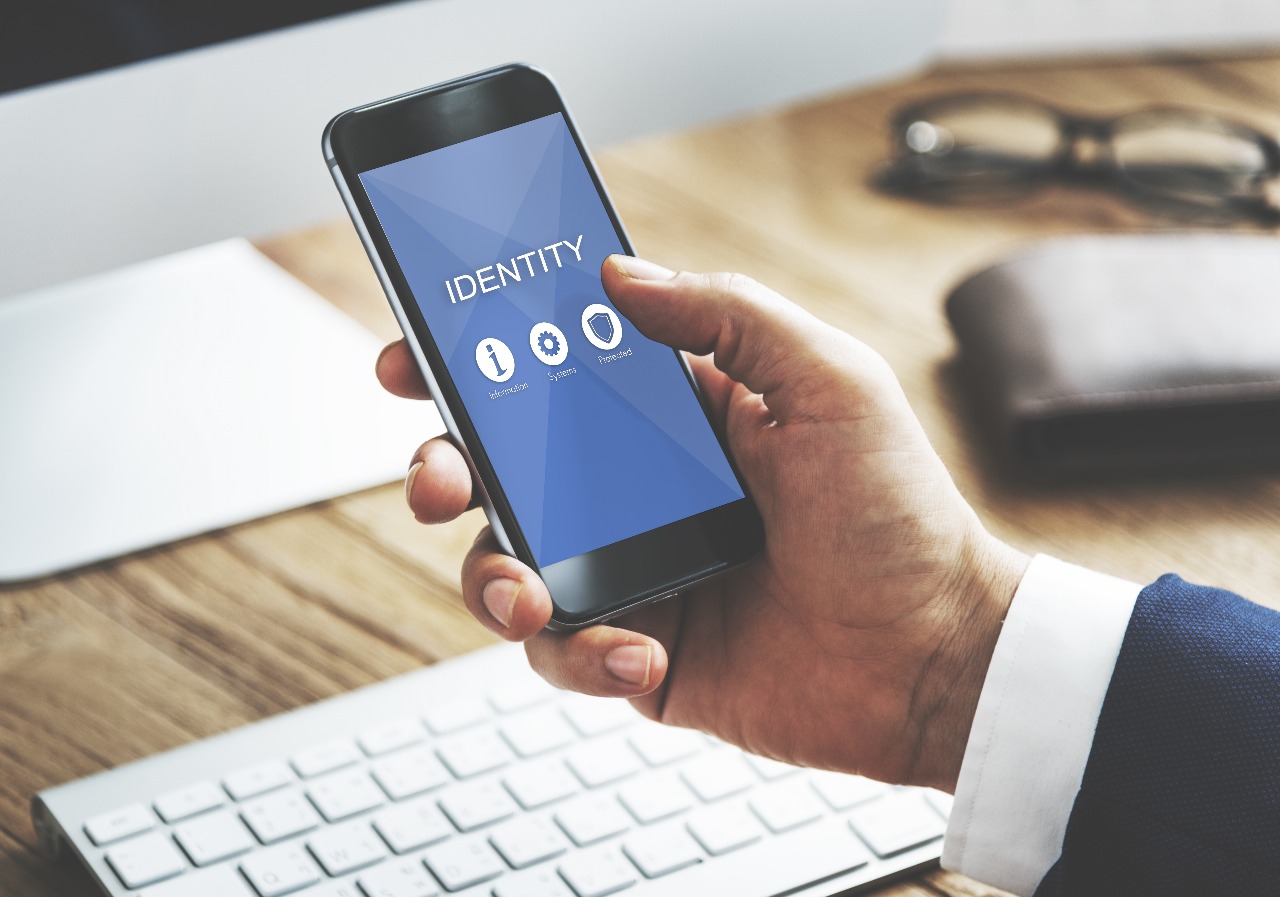Credit cards are a powerful financial tool, but for beginners,especially young professionals or first-time cardholders,they can feel confusing.
If you’re wondering, What is a credit card? or How does a credit card work? this guide breaks it down in simple terms, with a focus on how credit cards function in Kenya and beyond.
Whether you’re a jobseeker in Nairobi or starting your financial journey elsewhere, this article explains the basics, from credit limits to interest rates, and offers practical tips to use credit cards wisely.
What Is a Credit Card?
A credit card is a payment card that lets you borrow money from a bank or financial institution to make purchases, pay bills, or withdraw cash.
Unlike a debit card, which uses your own money from a bank account, a credit card gives you a line of credit, a pre-approved amount you can spend and repay later.
Think of it like borrowing money from a friend who charges interest if you don’t pay them back quickly.
In Kenya, banks like KCB, Standard Chartered, and Equity Bank offer credit cards, often assessing your creditworthiness through the Credit Reference Bureau (CRB).
According to a 2023 Central Bank of Kenya report, credit card usage in Kenya has grown steadily, with over 1.2 million cards in circulation, reflecting their popularity among salaried workers and small business owners.
How Does a Credit Card Work?
Here’s a step-by-step look at how credit cards function, with an example to make it clear:
1. Credit Limit: Your Borrowing Cap
When you get a credit card, the bank sets a credit limit, the maximum amount you can borrow. For example, if your limit is KSh 100,000, you can spend up to that amount. It’s like your friend agreeing to lend you up to KSh 100,000, but no more.
- Example: If you buy a phone for KSh 20,000, your available credit drops to KSh 80,000.
Banks determine your limit based on your income and CRB status. A clean CRB record (no unpaid debts) can lead to a higher limit.
READ ALSO:Understanding CRB and Credit Scores in Kenya: What Every Borrower Should Know
2. Making Purchases
You can use a credit card anywhere it’s accepted, online, in stores, or for services like M-Pesa bill payments. Each purchase reduces your available credit until you repay it.
- Tip: Always check if merchants in Kenya accept your card type (e.g., Visa, Mastercard), as some smaller shops may not.
3. Billing Cycle and Statement
Your credit card has a billing cycle, typically 30 days, during which your purchases are tracked. At the end of the cycle, the bank sends a statement showing what you’ve spent, the minimum payment due, and the due date.
4. Grace Period
Most credit cards offer a grace period (usually 21–25 days) after the billing cycle ends. If you pay the full balance by the due date, you won’t owe interest. It’s like your friend saying, “Pay me back in a month, and I won’t charge extra.”
- Example: If your statement shows KSh 50,000 spent and you pay it all by the due date, you borrow for free.
5. Interest Rates
If you don’t pay the full balance by the due date, the bank charges interest on the remaining amount. In Kenya, credit card interest rates typically range from 20% to 36% per year, according to 2024 data from the Kenya Bankers Association.
- Example: If you owe KSh 50,000 and only pay KSh 10,000, you’ll be charged interest on the remaining KSh 40,000.
6. Minimum Payment
Your statement will show a minimum payment (e.g., 5% of your balance or KSh 1,000, whichever is higher). Paying only the minimum keeps your account in good standing but leads to interest on the unpaid balance.
- Warning: Paying just the minimum can trap you in debt, as interest adds up quickly. Aim to pay the full balance when possible.
7. Credit Score Impact
Using a credit card responsibly, paying on time and keeping your balance low, can boost your credit score. In Kenya, CRB tracks your credit history, which banks use to approve loans, mortgages, or higher credit limits. A 2024 CRB report notes that timely credit card payments improve your CRB status, increasing loan approval chances by up to 40%.
How to Use a Credit Card Wisely
To make the most of your credit card without falling into debt:
- Pay on Time: Set reminders or auto-payments to avoid late fees (e.g., KSh 1,000–2,000 in Kenya).
- Keep Utilization Low: Use less than 30% of your credit limit to maintain a healthy credit score.
- Understand Fees: Watch for annual fees (KSh 2,000–10,000 for most Kenyan cards) and cash advance fees (3–5% of the amount).
- Check Your Statement: Review for errors or unauthorized charges, common in online transactions.
- Start Small: If you’re new, begin with a low-limit card (e.g., KSh 20,000) to build discipline.
Kenyan Context: Getting and Using a Credit Card
In Kenya, getting a credit card typically requires:
- A steady income (e.g., salaried job or business income).
- A clean CRB record, checked via services like TransUnion or Metropol.
- Proof of identity (e.g., ID, passport) and income (e.g., payslips, bank statements).
Banks like Absa and NCBA offer beginner-friendly cards with limits as low as KSh 10,000, ideal for first-time users. For example, Absa’s Classic Visa has a low annual fee and flexible repayment terms, per their 2024 website.
Local Tip: If you’re a Kenyan jobseeker, use a credit card to cover small, planned expenses (e.g., transport to interviews) and pay off the balance monthly to build your CRB profile for future loans.
Common Questions About Credit Cards
- How does a credit card differ from a debit card? A debit card uses your own money; a credit card borrows from the bank, with repayment flexibility but potential interest.
- Can I withdraw cash with a credit card? Yes, but cash advances have high fees (3–5%) and immediate interest, unlike purchases with a grace period.
- How do I improve my credit score with a card? Pay on time, keep your balance below 30% of your limit, and avoid defaulting. Check out our guide on How to Boost Your Credit Score for more tips.
Why Use a Credit Card?
Credit cards offer:
- Convenience: Shop online or pay bills instantly.
- Rewards: Earn cashback, air miles, or points (e.g., KCB’s Simba Points for fuel).
- Credit Building: Improve your CRB status for future loans.
- Emergency Funds: Access quick cash for unexpected expenses.
However, they require discipline to avoid debt. A 2024 survey by the Financial Sector Deepening Kenya found that 25% of Kenyan cardholders carry a balance, leading to high interest costs.
READ ALSO:Top 5 Mobile Loan Apps in Kenya: Which One Is Right for You?
Looking Ahead
A credit card is a tool that, when used wisely, can simplify your finances, build your credit, and even earn rewards.
By understanding your credit limit, billing cycle, grace period, and interest rates, you can avoid common pitfalls and make smart financial decisions.
In Kenya, a clean CRB record and disciplined payments can open doors to bigger opportunities, like car loans or mortgages. Start small, pay on time, and review your statements to stay in control.
Ronnie Paul is a seasoned writer and analyst with a prolific portfolio of over 1,000 published articles, specialising in fintech, cryptocurrency, and digital finance at Africa Digest News.







Leave a Reply